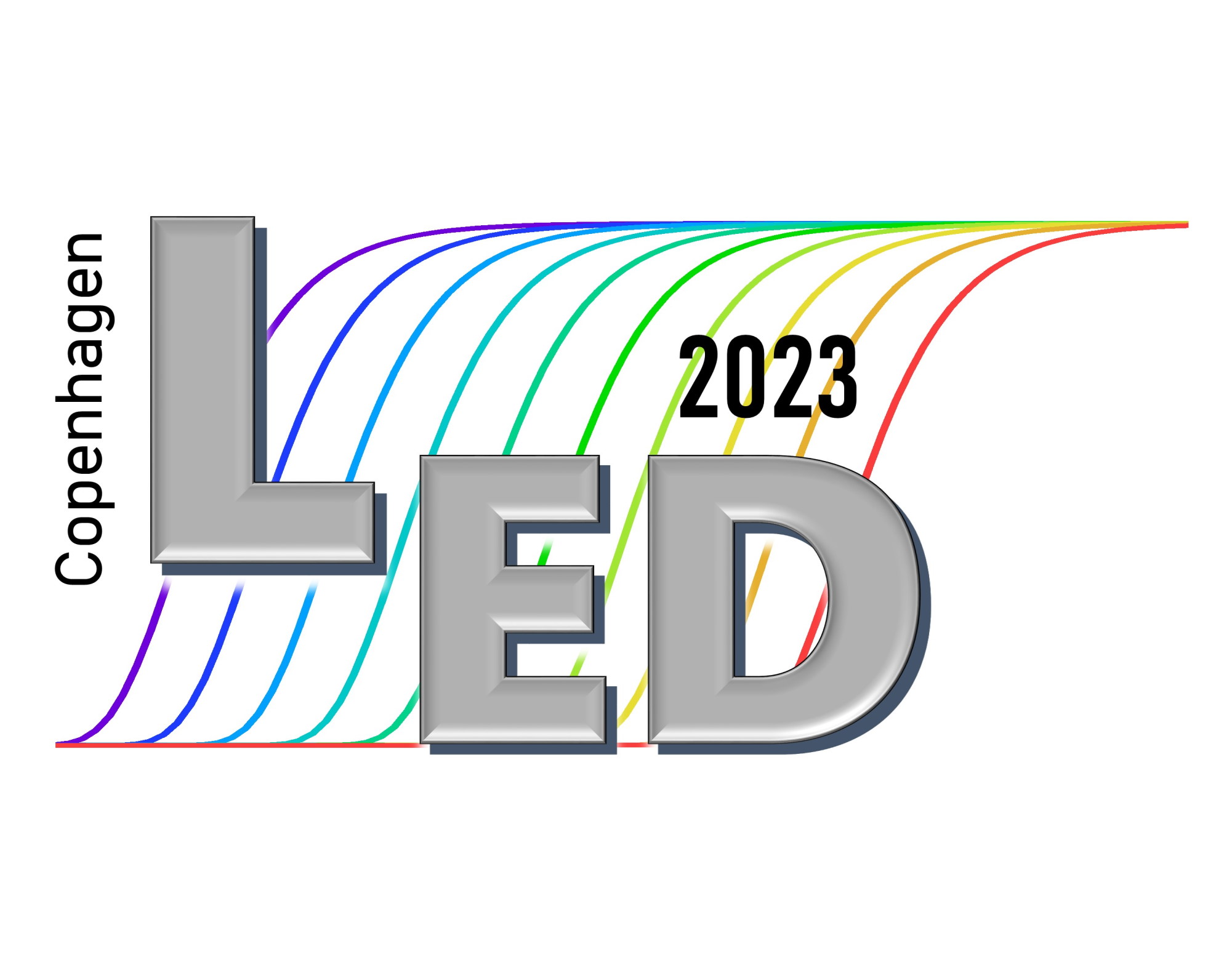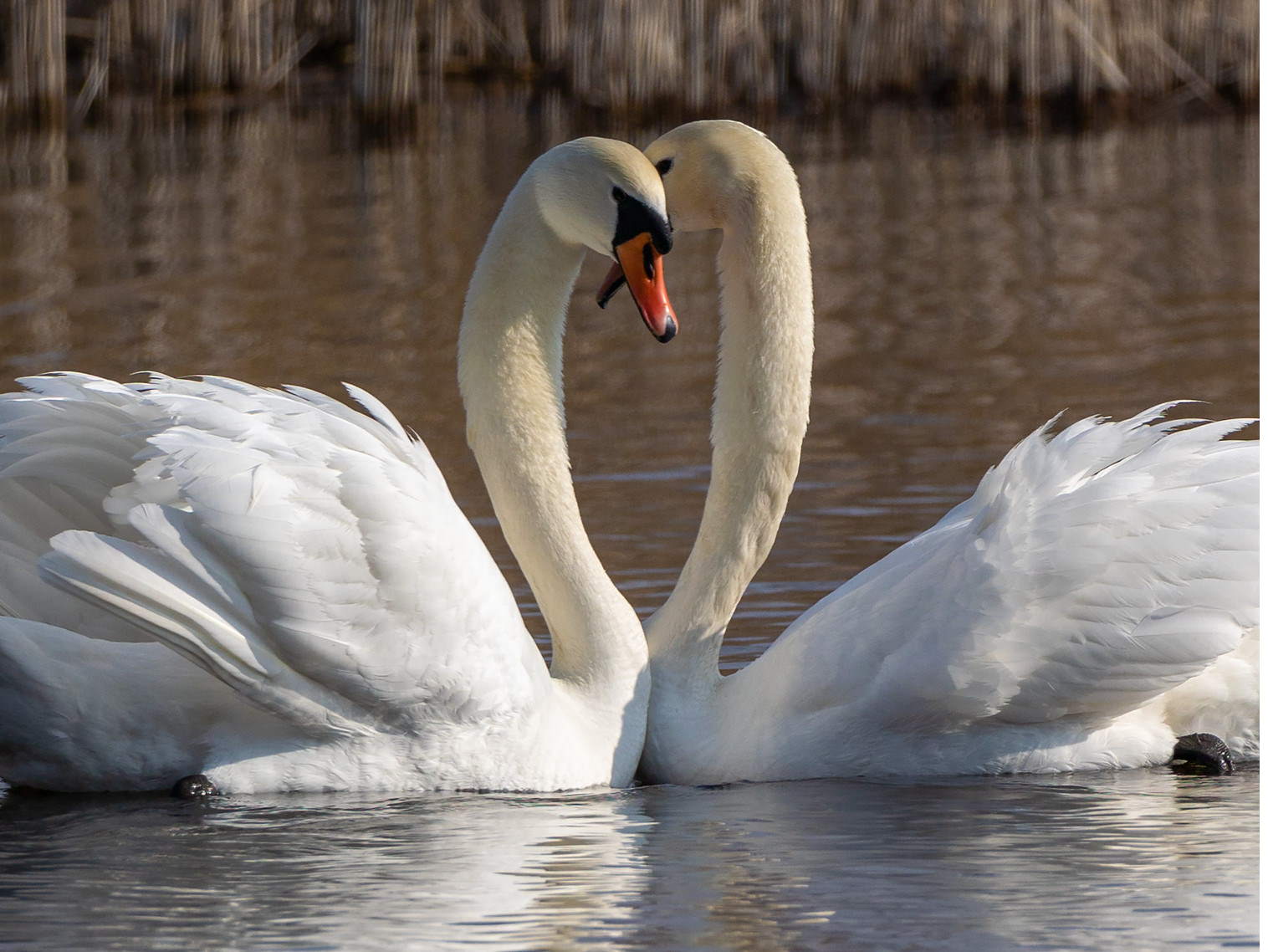17th International Luminescence and Electron Spin Resonance Dating conference

Thank you for a wonderful LED2023 conference. See you at LED2026 in Amman, Jordan (if not sooner). View hi-res photo.
It is our pleasure to announce the 17th International Luminescence and Electron Spin Resonance Dating Conference (LED2023) hosted by the Department of Physics, Technical University of Denmark (DTU Physics). The LED2023 conference will be held during the week 26-30th June in Copenhagen, Denmark.
LED2023 will continue the tradition of Luminescence and Electron Spin Resonance Dating conferences that have occurred for more than 40 years. The last physical conference in this series was held in Cape Town in 2017 followed by an online conference in 2021. We excitedly look forward to seeing you again, face-to-face, and create a vibrant platform for sharing your latest research. The conference strives to encourage academic networking opportunities by bringing together students, early career researchers and established researchers.
The conference organisation for LED2023 consists of a local organising committee, and an international scientific committee. As always, the conference will provide an opportunity for the academic community to present research related to the fundamental processes governing luminescence and electron spin resonance, innovative measurement approaches and instrumentation, and application of the existing/new methods to archaeological, geological and geomorphological topics and retrospective dosimetry.
There will be a pre-conference workshop (25th June 2023) and a post-conference field trip (30th June to 2nd July 2023). Papers presented at the conference will be eligible for submission to one of the special issues of either Radiation Measurements or Quaternary Geochronology.



